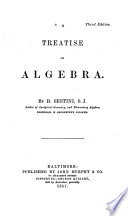 | Benedict Sestini - Algebra - 1857 - 258 pages
...xc ; but from a"= z, we have x = lz ; hence, l.<f= cl.z; that is, The logarithm of the power of any number is equal to the logarithm of the number multiplied by the exponent. But if we take the root of the degree c of both members and consequently, lz' = - = -x; - x 1 cc now... | |
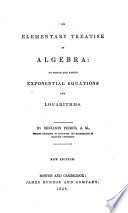 | Benjamin Peirce - Algebra - 1858 - 296 pages
...if they are all equal to each other, we have log. mmm &-c. = log. m -j- log. m -f- log. m -j- &c. or Logarithm of Root, Quotient, and Reciprocal. that...the number multiplied by the exponent of the power. 12. Corollary, If we substitute p = mn, or m = \/P, in the above equation, it becomes n log. p = n... | |
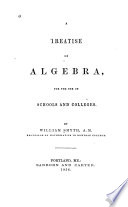 | William Smyth - Algebra - 1858 - 344 pages
...raismg both members to the with power, we have a~ = 1r; whence the logarithm of y m = mx = m log y. That is, the logarithm of any power of a number is equal to the product of the logarithm of this number by the exponent of the power. To form any power whatever of... | |
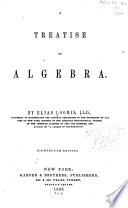 | Elias Loomis - Algebra - 1858 - 394 pages
...Nm, since mx is the exponent of that power of li.e base which is equal to Nm ; hence PROPERTY III. The logarithm of any power of a number is equal to the logu rilhm of that number multiplied by the exponent of the power. EXAMPLES. Ex. 1. Find the third... | |
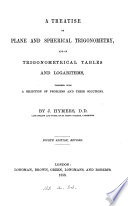 | John Hymers - Logarithms - 1858 - 324 pages
...diminished by that of the divisor. Since m — a", n = a", m a_ i fm\ ii .'' S" (n) = X~y= g" m ~ g° n' 9. The logarithm of any power of a number is equal to the product of the logarithm of the number by the index of the power. Since m = a", .: mr = (a*)" = a",... | |
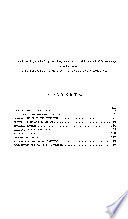 | Elias Loomis - Logarithms - 1859 - 372 pages
...-0.4753 divided by -36.74. INVOLUTION BY LOGARITHMS. (14.) It is proved in Algebra, Art. 340, that the logarithm of any power of a number is equal to the logarithm of that number multiplied by the exponent of the power. Hence, to involve a number by logarithms, we,... | |
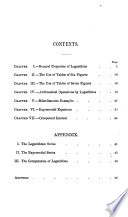 | William Henry Johnstone - 1859 - 80 pages
...n, or x = loga m, y = loga я l ,vm ax then — = — = a'.v, n ae = \ogam-logan. 7. ln any system, the logarithm of any power of a number is equal to the logarithm of that number multiplied by the index of that power. Let a' — m, or x = loga m ¡ then m? — (a')'... | |
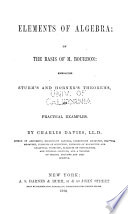 | Charles Davies - Algebra - 1860 - 412 pages
...the n'* power, we have, a«' = N'a ..... (5). But from the definition, we have, nx' — log (N'*) ; that is, The logarithm of any power of a number is...the number multiplied by the exponent of the power. 233. If we extract the nth root of both members of equation {1), we shall have, a" =(N')*= \fW - -... | |
 | Charles Davies - Algebra - 1860 - 332 pages
...members of ( 3 ) to any power denoted by p, we have, Whence, by definition, px — Log mf . . . ( ?.) That is, the logarithm of any power of a number is...logarithm of the number multiplied by the exponent of the poicer. If we extract any root of both members of ( 3 ), denoted by r, we have, a' = Whence, by definition,... | |
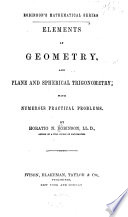 | Horatio Nelson Robinson - Geometry - 1860 - 470 pages
...ar» exponent equal to 3x5; thus, (a")i=ali, and, generally, (a")m=anm. Hence, the logarithm of the power of a number is equal to the logarithm of the number multiplied by the exponent of the power. To extract the 5th root of the number a', we write a, giving it an exponent equal to f ; thus, v/as=a?,... | |
| |